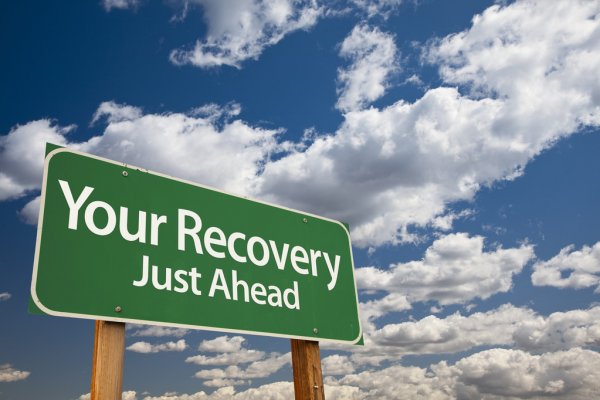

Dealing with the Discrepancies Between Your Recovery Goals and the Goals That Others Have for You
Author Bio: Patrick Bailey is a professional writer mainly in the fields of mental health, addiction, and living in recovery. He attempts to stay on top of the latest news in the addiction and the mental health world and enjoy writing about these topics to break the stigma associated with them. His website is https://hookupwebsites.org/
When searching for and attending alcohol and drug rehab, you’re likely to have goals that you want to achieve. The goals may include ending your addiction, creating better connections with your loved ones, and getting your finances in order.
At the same time, there’s a good chance that other people in your life will have their own opinions on what you should be doing and won’t be shy about sharing these opinions with you. Handling this situation can be challenging, but it’s possible if you take the proper approach.
Remember That Your Goals May Not Be the Same as Others’ Goals
People set goals in their lives because goals provide purposes and destinations. In your rehab treatment, you might do something similar.
You could create a series of steps that you want to take. For example, after rehab, you may want to look for a new job, find someplace to move, and stay sober for at least a year while participating in aftercare activities.
However, you may find that your loved ones have other goals that they think you should achieve. For example, they may worry that your goals are too ambitious and try to get you to reign in yourself. Or, they may think that your goals aren’t ambitious enough and try to get you to push yourself harder in a way that may not be right for you at this point in your life.
These differences can make your treatment and recovery very frustrating and even hard to finish.
For example, you may have a loved one who refuses to help you unless you move in with them after treatment, but you might not want to move in with anybody. In this scenario, it is essential to be careful and treat everybody with honesty and dignity. Doing so can help you avoid conflict as much as possible and help you get the care you need.
Decide What Matters to You Most
Your addiction recovery is something that you do for yourself, and it is essential to know what goals matter the most to you in this situation. Determining your priorities may be challenging because it may require you to either ignore what your loved ones have asked you to do or to take into account their opinions and change your goals accordingly.
If you want independence, but your loved one wants you to stay with them, decide how important this is for your care. Is it essential to live alone, or would staying with another person help you? You have many options, and it is vital to be open to the possibilities, because they may benefit you in unexpected ways.
Other aspects up for debate include where you are going to treatment, what type of care you’ll receive, whether you want visitors, and much more. It’s critical to understand your goals fully, but it can be tough to accept compromise. As a result, you need to know how to talk with others and how to advocate for your goals.
Talk with Others About Your Goals
When trying to find help for rehab when your goals conflict with others, it’s essential to be honest and open with your loved ones. Let them know why you have set the goals you have created and why they’re important to you. The idea here is to open up a dialogue between these conflicting sides and make conflict easier to resolve.
Describe your goals clearly to help people become more willing to listen to what you want to achieve. Discuss whether you want to live by yourself after rehab, if you want them to stay with you, or if you want to stay with them. Point out the reasons you want these goals.
Ask them to wait to talk while you present your point. Doing so can make it easier for you to express your message.
One of the hardest parts might be not objecting or arguing with others when they’re presenting their own points. But you owe them that courtesy if they listened to you.
Learn what they have to say about the goals they have for you. Listen to their points and consider finding a compromise. Even if you don’t want to change your mind entirely, changing a few things may help a lot.
Consider Expert Advice
If you and others have conflicting goals about your addiction treatment, it can present a significant challenge. It can be even more difficult if you don’t make the effort to talk with your loved ones about these goals.
When you get ready for rehab assistance, you also need to talk with professionals who understand treatment options. Rehab and relationships can be difficult, but talking can make them easier.
Author Bio: Patrick Bailey is a professional writer mainly in the fields of mental health, addiction, and living in recovery. He attempts to stay on top of the latest news in the addiction and the mental health world and enjoy writing about these topics to break the stigma associated with them.
Sources
ylai.state.gov – Setting and Achieving Goals
opm.gov – Policy, Data, Oversight
healthdirect.gov.au – Goal Setting
samhsa.gov – Setting Goals and Developing Specific, Measurable, Achievable, Relevant, and Time-bound Objectives
ncbi.nlm.nih.gov – Achieving Career Satisfaction: Personal Goal Setting and Prioritizing for the Clinician Educator
myhealth.va.gov – Path to Success: “My Goals” Can Pave the Way
